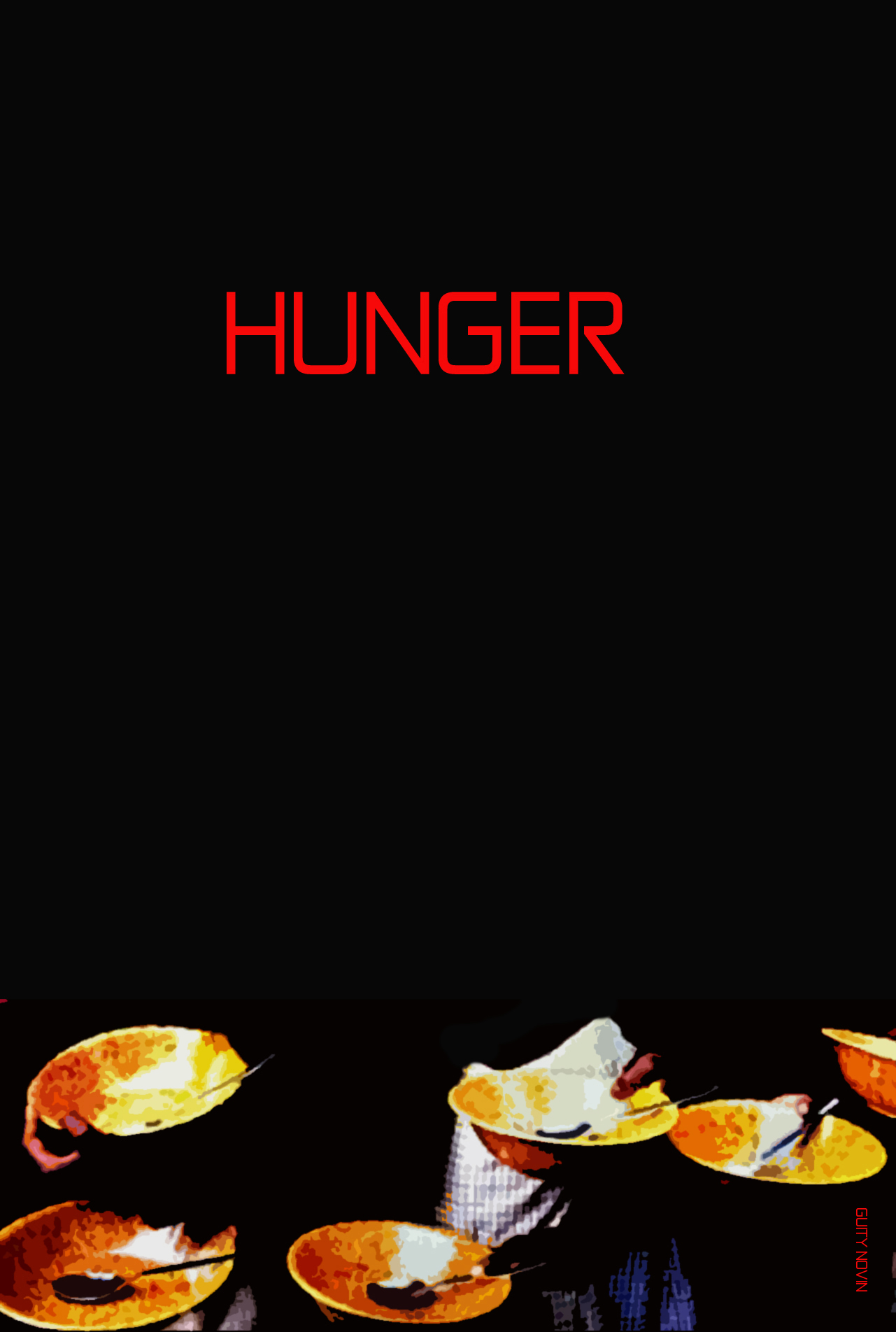I did a previous post about the science behind "hangry" pangs, but what about how being hungry affects our thinking?
Our brain works hard for us everyday. Whether it's trying to remember what items to pick up at a store, solving a Sudoku puzzle while waiting for the bus, or stealthily maneuvering your car through the tricky traffic hour - our brain is phenomenal... at a cost. To operate at its fullest capacity, the brain is a metabolically demanding organ. In fact, it's probably the most demanding organ in your body, requiring nutrients like sugars to continue to function properly.
So what happens when you're running on fumes, low on energy? It's happened to all of us at some time or another. Maybe you were trying to meet a deadline and forgot to eat lunch, or you were too excited shopping to stop and grab a bite. Whatever the reason, no one can deny the end result of trying to use your brain, usually unsuccessfully, when on an empty stomach. I even think that a hungry brain is probably worse than a sleepy brain... maybe.
It seems that nature has a way of trying to save every ounce of energy in order to survive, even if it is at the expensive of using your noggin. In the instances when an organism is facing a shortage of food, the brain will forgo costly memory in order to survive. Don't believe me? It's true - at least in flies, that is.
.jpg) |
| Photo courtesy of A. Rivera |
Why even switch memory types? The long term memory that lasts longer is just too costly. The brain seems to be weighing costs of using different types of memory - this is a great case of adaptive plasticity, where the body is adjusting to the environment appropriately. For flies, starving flies shut down the machinery that uses costly memory. Exactly how costly is this memory? Researchers found that mutant flies that used more expensive memory and less cheap memory actually had shorter lifespans than control flies. In this instance, it actually kills to use your brain! (a bit dramatic, but you get the point)
Although there haven't been any findings that show this same phenomenon in mammals, it would be interesting to consider how this could be affecting humans. In the short term, it probably doesn't matter what type of memory you're using (as in, doesn't matter how you get to a point, so long as you get there, right?). However, in the long term, using the cheaper memory may have its pitfalls. If similar to flies, the cheaper memory doesn't last as long as the more expensive brand - in this case, you may find that your precious memories are at risk for being erased. The brain then, is constantly surveying its environment, and making internal calculations about what is the most cost-effective way of storing memories.
Just when you thought the brain couldn't get any better, it decides to sweep in when you need it most (when you're hungry hungry hippo), and switch to a mean surviving machine.
Hope everyone is doing great! On this week's agenda: MOH and I are going off to Comic-Con in San Diego. We've planned most of our trip, just need to finalize some last minute details.
Happy eating all!!!
* The two types of aversive memory are long term memory (LTM) and anesthesia resistant memory (ARM). LTM involves protein synthesis and involves dopaminergic neurons (MV1 and MP1 type).
References:
Placais PY and Preat T. 2013. To favor survival under food shortage, the brain disables costly memory. Science.

No comments:
Post a Comment